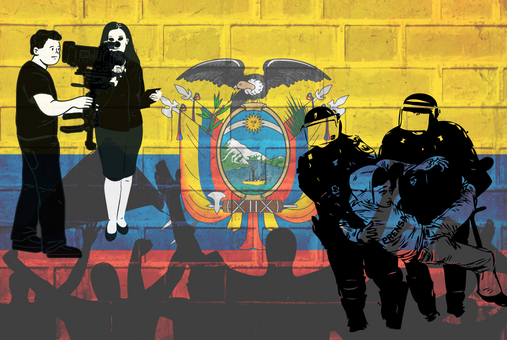
As violence is growing in the country and against the press, in particular, Ecuador has a legally established protection mechanism that does not have resources to be fully functional. The government's recent announcement not to approve resources for this year and the next raised even more alarms about how to improve press security in the country.

In Latin America, women working in the press face gender violence within their workplaces and in the public sphere because of the work they do, according to a recent report from the International Federation of Journalists. They also suffer high levels of job insecurity.
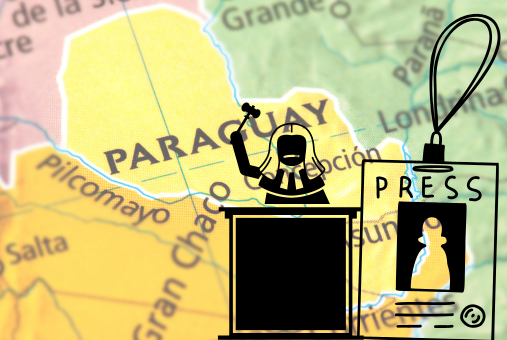
The Inter American Press Association (IAPA), in its mid-year report on the state of press freedom in the Americas, warned about judicial criminalization and the threats suffered by journalists in Paraguay. LJR spoke with journalists in the country who have been intimidated for doing their work.
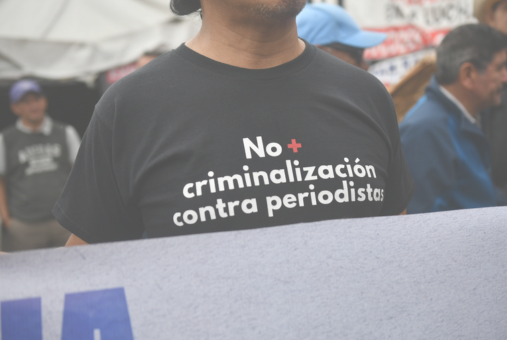
During the first quarter of 2024, the Observatory of Journalists in Guatemala recorded 22 attacks and restrictions on the press. Although there has been a small improvement compared to the same period last year, organizations and journalists remain concerned about the criminalization of the profession in the country.
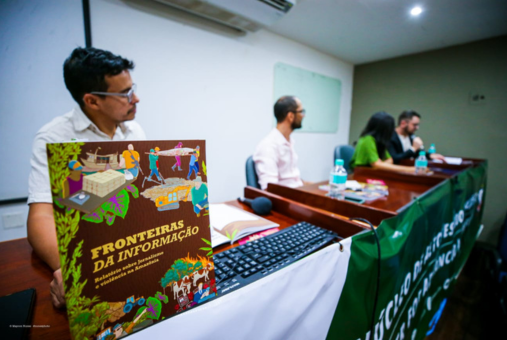
In a report from the Vladimir Herzog Institute, 10 journalists and communicators told how they have suffered threats and attacks for reporting on activities like mining and logging in the Brazilian Amazon. The document also offers safety tips and presents protective resources that journalists can turn to if they are in danger.

As part of its work to fight impunity in crimes against journalists, the Inter American Press Association launched the “Voices claiming justice” campaign. The first case highlighted in it is that of the Colombian journalist Gerardo Bedoya Borrero murdered in 1997 and whose crime remains unpunished.
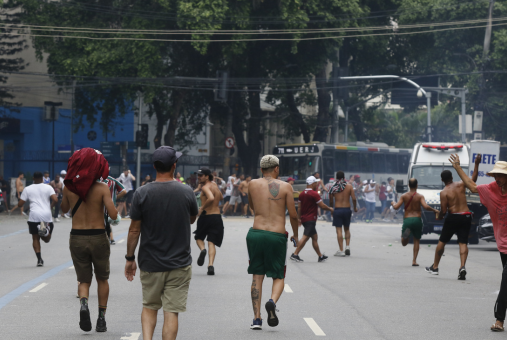
Cases of beatings, attacks and insults from fans against journalists have multiplied in many countries in Latin America. Behind the attacks, there may be new codes of conduct among violent fans and a deep intolerance for difference.

Two months after armed men stormed the studios of TC Televisión in Guayaquil, Ecuador, journalists from the channel have turned to various forms of psychological support. One of them is a new psychosocial support program from Fundamedios based on holistic therapies, resilience techniques and ancestral knowledge.

At least 25 journalists from Guatemala have gone into exile due to an increase in censorship, attacks and persecution in their home country. Among them are Marvin Del Cid, Lucia Ixchíu and Gerson Ortiz, who spoke with LJR about the legal cases against them and the emotional consequences of being uprooted.
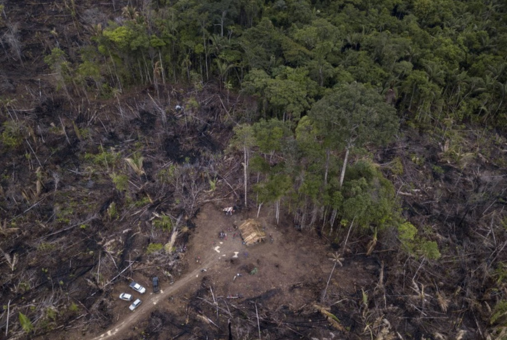
Environmental and climate journalists face extreme risks, including physical and legal threats, when reporting on environmental degradation, according to a new report from the International Press Institute. In Latin America, organized crime, businesses and corrupt state forces represent the main threats to these professionals, Barbara Trionfi, author of the report, told LJR.
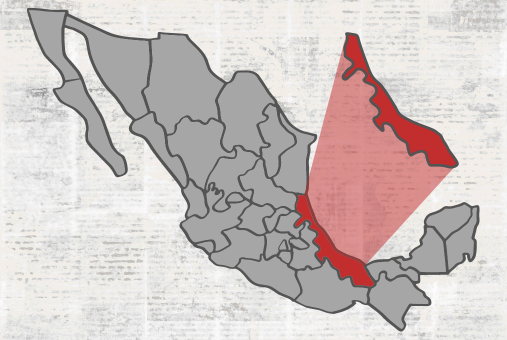
The journalistic investigation “Veracruz of silences” from the organization Article 19 seeks answers to the question: Why are journalists killed? For this, the investigative team and a macro-criminality specialist analyzed the murders and disappearances of 20 journalists in the Mexican state from 2010 to 2016.
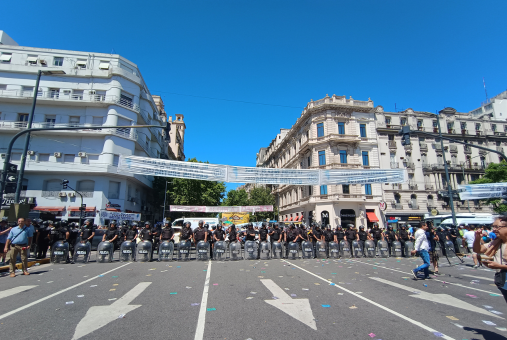
Since far-right politician Javier Milei assumed the presidency in Argentina on Dec. 10, 2023, there have been a series of street demonstrations against his emergency measures. The latest demonstrations were at the beginning of February and the government repressed the press with greater brutality than on other occasions, according to journalists.